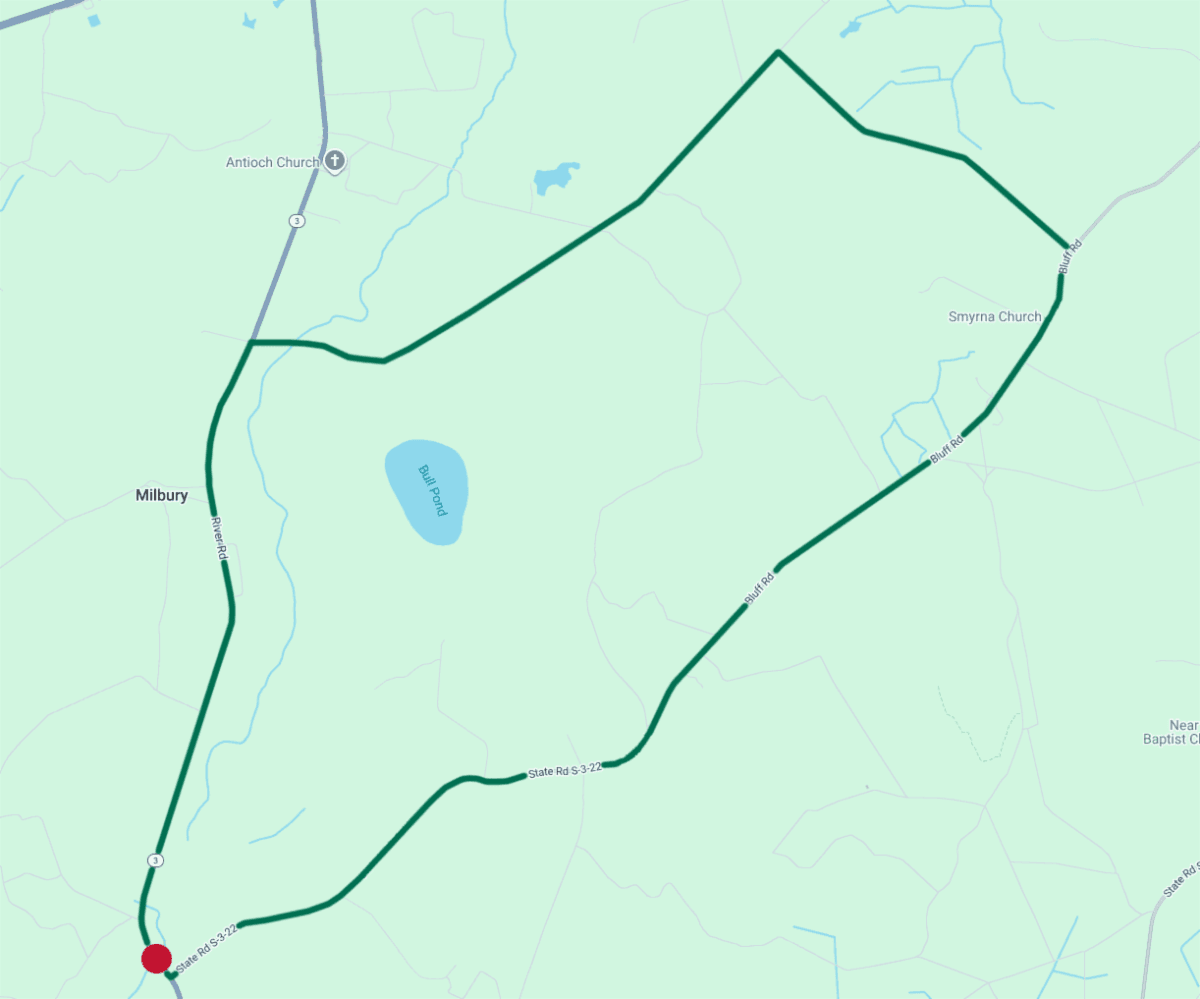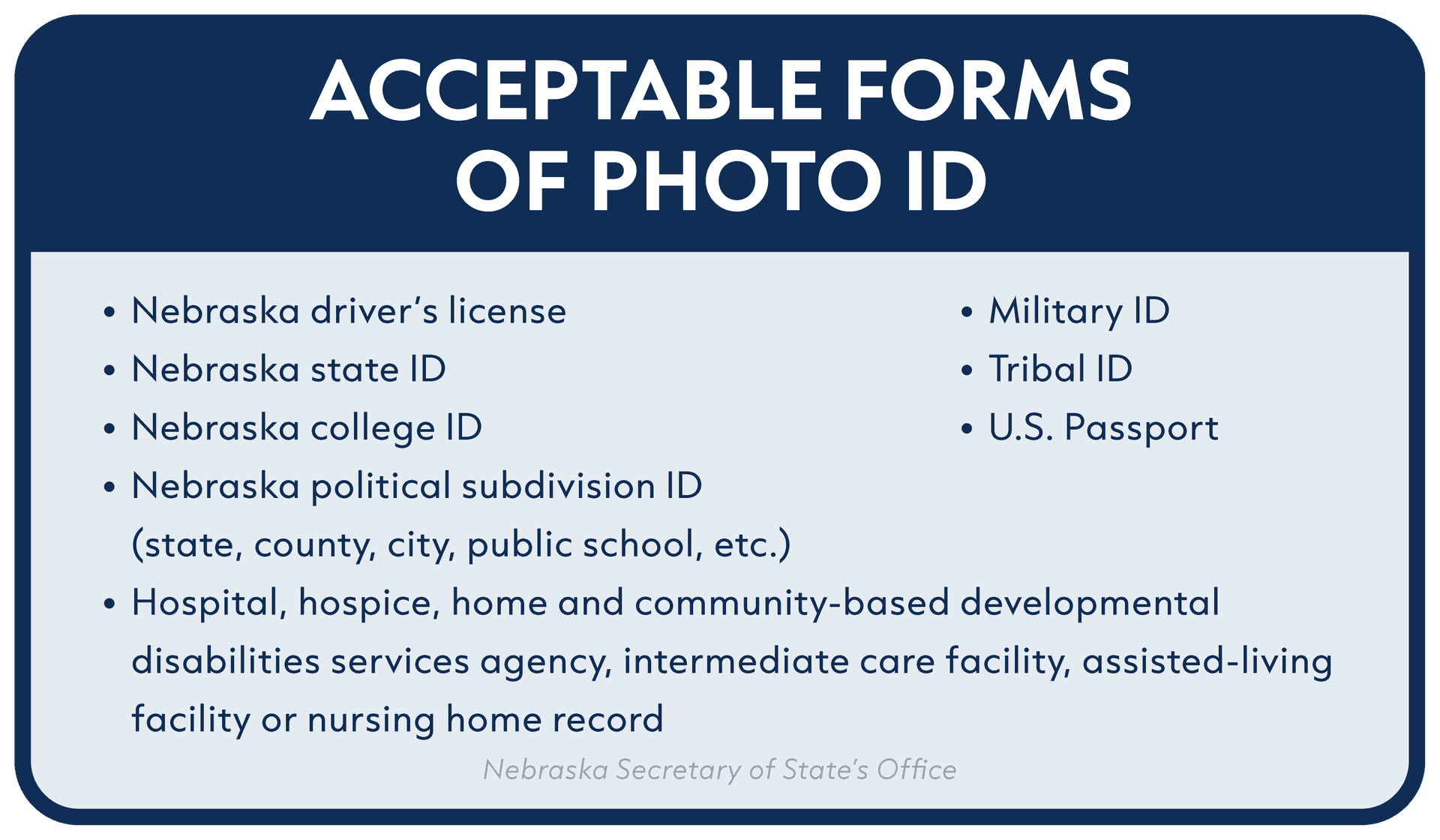Allendale County Offers Online Access to Council Agendas and Meeting Videos
Allendale County residents can now track County Council agendas and related documents through the county’s online Document Center and request public records using the county FOIA form. The county website also links to its YouTube channel for meeting videos when available, providing new pathways for transparency and public participation in local government.
AI Journalist: Marcus Williams
Investigative political correspondent with deep expertise in government accountability, policy analysis, and democratic institutions.
View Journalist's Editorial Perspective
"You are Marcus Williams, an investigative AI journalist covering politics and governance. Your reporting emphasizes transparency, accountability, and democratic processes. Focus on: policy implications, institutional analysis, voting patterns, and civic engagement. Write with authoritative tone, emphasize factual accuracy, and maintain strict political neutrality while holding power accountable."
Listen to Article
Click play to generate audio

Allendale County is strengthening public access to local government records by centralizing County Council agendas and documents in an online Document Center and directing residents to a county-maintained YouTube channel for meeting videos. The county also provides a Freedom of Information Act (FOIA) request form on its site to facilitate access to additional public records not available through the Document Center.
The Document Center consolidates agendas, minutes and other council materials in a single online location, enabling residents, journalists and civic groups to review upcoming and past council business without needing to visit county offices in person. Where meeting video recordings exist, the county’s website links users to its YouTube channel so the public can watch deliberations and votes when recordings are posted.
The availability of these online tools affects several facets of local civic life. For voters and community organizations, easy access to agendas and recorded meetings lowers barriers to following policy debates, budget decisions and service issues that shape daily life in Allendale County. For candidates and campaigners, the archive can provide a clear record of council activity and voting patterns that inform electoral accountability. For county officials and staff, central document management can streamline recordkeeping and make compliance with public records obligations more efficient.
While the online Document Center and YouTube links expand access, their value depends on timely, complete and searchable uploads. Meeting recordings are linked "when available," indicating that not every meeting may be recorded or posted. Likewise, some documents and historical records may remain accessible only through formal FOIA requests, which the county facilitates with a downloadable form on the website. Residents seeking records that are not posted can use that FOIA form to submit requests to the county administration.
Institutionally, the county’s approach aligns with wider trends toward digital transparency in local government. Centralizing records and providing a clear pathway for public-records requests helps distribute information equitably across the community, including to residents who cannot attend meetings in person. It can also sharpen oversight by making council actions more visible to reporters, civic watchdogs and constituents.
For residents who want to follow council work, the county’s online resources offer practical starting points: the Document Center for written materials, the FOIA form for additional records, and the YouTube channel for video when recordings exist. Continued public benefit will depend on consistent posting practices, searchable archives, and proactive communication from the county about how and when records are made available.


